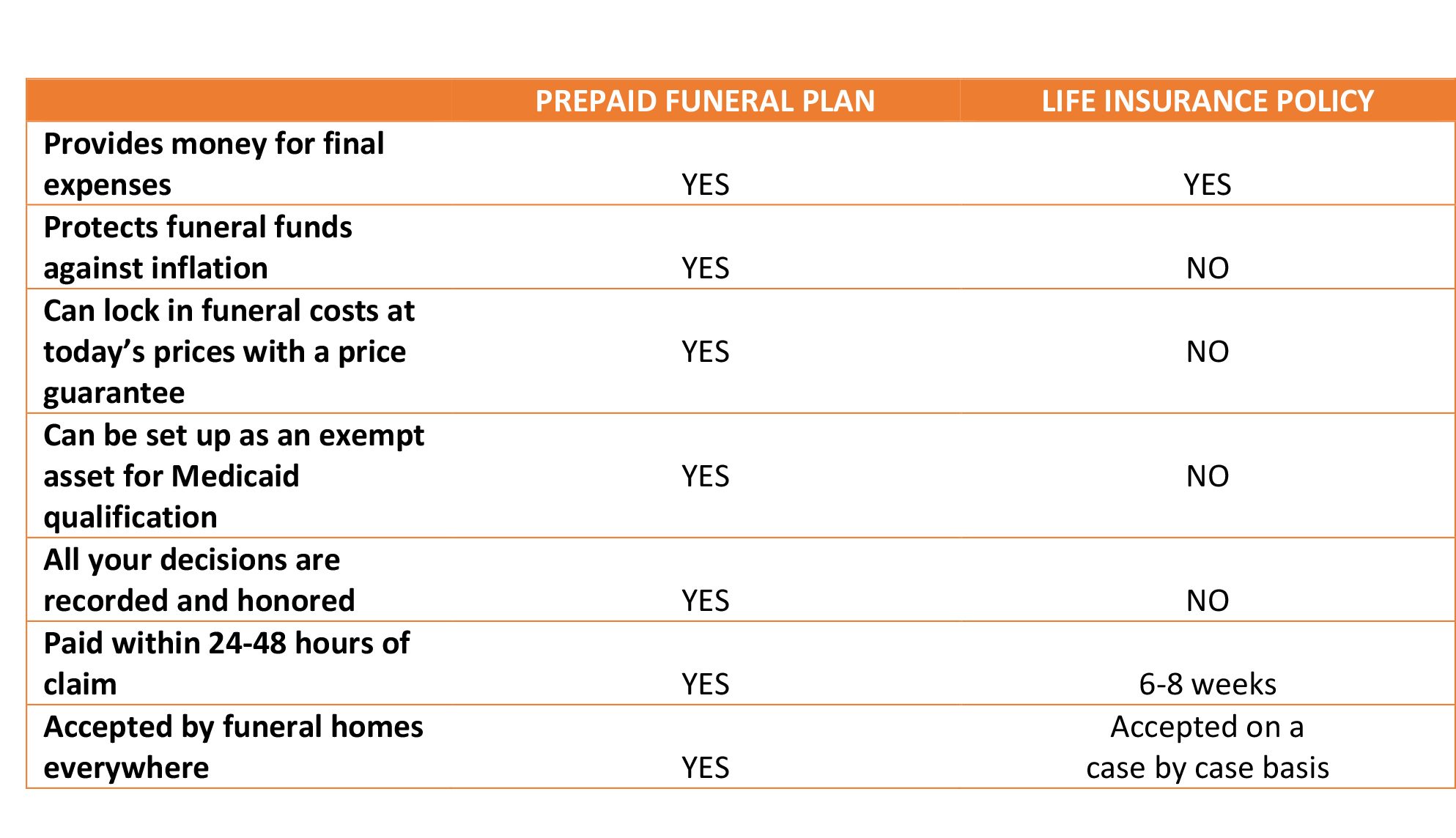
When someone you love passes away, there are many things to consider, including what to do with their house and possessions. As you walk through a loved one’s home, you may see yourself keeping a few cherished items, but you cannot see yourself keeping everything. What can you do? Consider having an estate sale!
While you could host an estate sale yourself, that can get complicated. Instead, consider hiring an estate sale company. There are many companies to choose from, so take a look at these 8 tips for hiring a professional estate sale company.

1. Choose a Company that Respects Your Wishes for Personal Involvement
As you start your search, look for an estate sale company that makes you feel comfortable with your level of control and personal involvement.
For some people, a lost loved one’s home may be out of state, which can make logistics tricky. The distance may require you to conduct your business through phone calls and virtual communication.
If that’s the case, choose a company that maintains frequent communication and is used to working with out-of-town family members. Whether you’re local or not, hiring an estate sale company that lets you be as much or as little involved as you want is worth considering.

2. Choose a Company with Good Word-of-Mouth Recommendations
To find a trustworthy business, consider asking your friends and family about their experiences with professional estate sale companies. Chances are, they’ll know someone local with whom they’ve had a good experience.
Alternatively, you could also attend local estate sales in your area and ask about the company they hired. If the heirs aren’t present, take the opportunity to speak with the company associates themselves.
Lastly, your estate sale company search can also be conducted online by reading reviews. Star ratings, photos, and testimonials allow you to discern whether the company you’re looking at is the right choice for you.

3. Choose a Company that Focuses on Your Service Priorities
Once you compile a list of potential estate sale companies, think about the services you would like to employ. You’ll want to ask yourself questions like:
- Am I looking for help with pricing items?
- Does staging the house feel like too much right now?
- Would I prefer to oversee the sale itself, or would I rather be absent from it?
- Would I prefer the company to advertise the estate sale?
- How do I want to handle negotiations with buyers?
- Do I have any specialty items that require attention?
- Would I prefer the company to handle any leftover items that aren’t sold?
As you answer these questions, you’ll hone in on your own priorities and can hire a company that takes those priorities seriously.

4. Choose a Company that Fits Your Budget
After figuring out which services you need, ask yourself how much you are willing to spend on an estate sale company. Making a budget is a smart way to keep your costs within your means.
Ask each company for their pricing, their commission percentage, and their fees. This way, you can easily compare each company’s offerings and pricing. However, keep in mind that you get what you pay for. Some companies may charge a higher rate but have a better understanding of the practice and market. On the other hand, some companies could charge a lower rate and have less experience and fewer connections. Always weigh the pros and cons before deciding whom to hire.

5. Choose a Company that Takes a Reasonable Commission
Once you have decided on your service priorities and an estimated spending range, consider the commission percentage the company will require. Keep in mind that since you have decided to hire an estate sale company, the profit you receive will be lower than if you choose to host the sale yourself.
Feel free to ask the companies you contact for price quotes and explanations behind their commission percentage. A trustworthy company will be transparent about their rates before you hire them. As stated in the previous tip, some companies may feel comfortable asking for a higher rate due to their experience and knowledge in estate sales.

6. Choose a Company that Meets Your Schedule
Your day-to-day life comes with numerous responsibilities, so you’ll want to choose a company that is flexible and can accommodate your schedule. Feel free to pull out your weekly calendar and suggest dates and times that are convenient for you.
As you start to coordinate meetings and the logistics of the estate sale, ask yourself these questions. When do you have time to meet with the companies you’re considering? How much time will it take to review everything you wish to sell? How long does the estate sale company expect the entire process to take?
You don’t want to feel rushed for time when working with an estate sale company, and a good company won’t try to hurry you.

7. Choose a Company that Helps You Decide What to Keep
When coordinating an estate sale, you must start thinking about what you would like to keep from your loved one’s estate. Once you’re done looking through your deceased loved one’s belongings, a good estate sale company will carefully review each item and help you price everything efficiently.
If you’re curious about a particular item’s value, they’ll also be able to help. These professionals are trained to look at and appraise items for a fair and reasonable amount.

8. Choose a Company with Consignment or Donation Opportunities
Once your estate sale concludes, you will likely have items left over that did not sell. That’s why it’s important to choose a company that has a plan for unsold items. Do they price items for consignment or offer to drop off the remaining items at a local donation center? Ask the company about their policies and offerings so you know what your responsibilities will be after the estate sale is over. This way, there are no loose ends following the estate sale.

Making a Decision
Hopefully, these tips will help you as you decide whether or not to hire an estate sale company to assist you with clearing out a loved one’s home after their passing.
By choosing a trustworthy and reliable estate sale company, you can rely on experts to take care of everything. They will appraise estate items appropriately, stage the house, and share extensive knowledge of the estate sale process with you. Not only will the estate sale conclude smoothly, but an incredible emotional weight will be lifted off your shoulders.
Whether you choose to hire an estate sale company or do it yourself, consider exploring these additional resources for more information.







































































